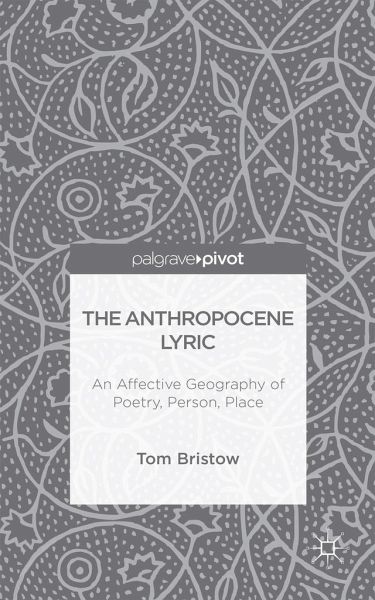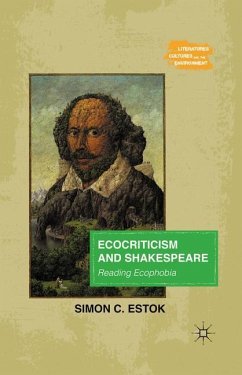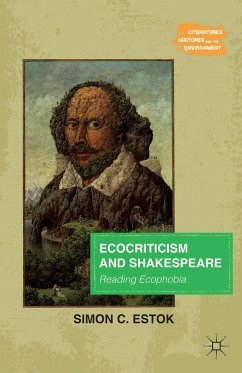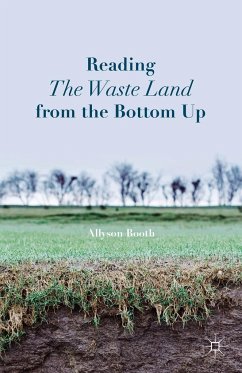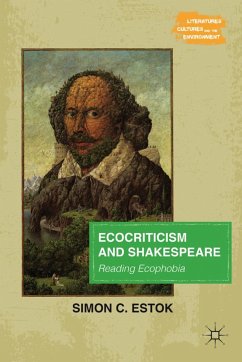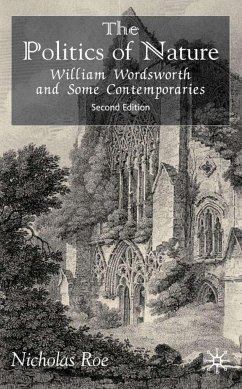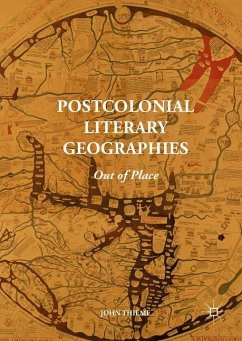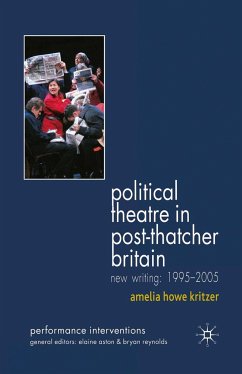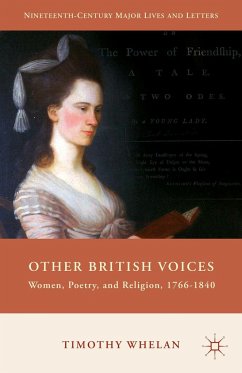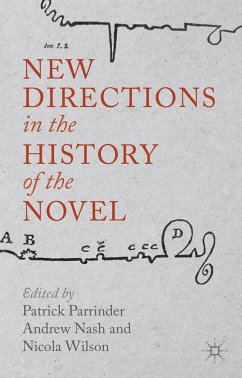"The book can be bought as either individual chapters or the complete volume, meaning each chapter is also a stand-alone essay. ... The Anthropocene Lyric is itself written with alertness to language and receptiveness to minutiae of the biophysical world. It is a rich contribution to the capacity of Environmental Humanities to theorise the constitution of immanent knowledge in the light of the Anthropocene ... ." (Barbara Holloway, Australian Humanities Review, Issue 63, November, 2018)
"Through a careful selection of writers and texts, The Anthropocene Lyric is a useful tool that can be used to explore the relationship between the human and more-than-human world within the context of the Anthropocene, where poetry has a firm foothold." (Veronica Fibisan, The British Society for Literature and Science, bsls.ac.uk, September, 2017)
"Bristow's book is a significant, insightful and lyrical contribution to ecopoetic studies on many important levels." (Sue Edney,Green Letters - Studies in Ecocriticism, Vol. 21 (1), 2017)
"The gambit of Bristow's book is that ecopoetry offers one path to a reconsideration of human positioning on earth. ... This is an excellent book, and one that confirms Bristow's place among the vanguard of ecopoetic theorists." (Mark Dickinson, Interdisciplinary Studies in Literature and Environment, Vol. 23 (3), November, 2016)
